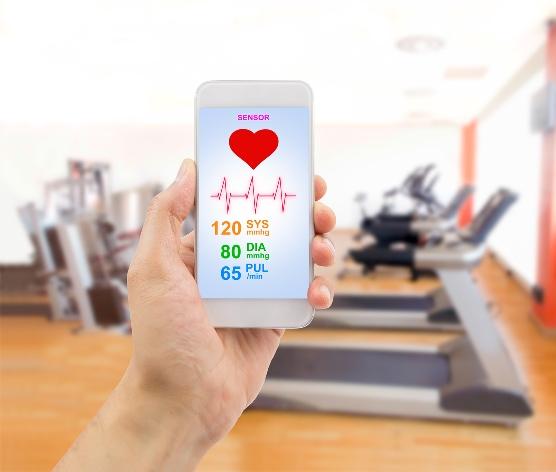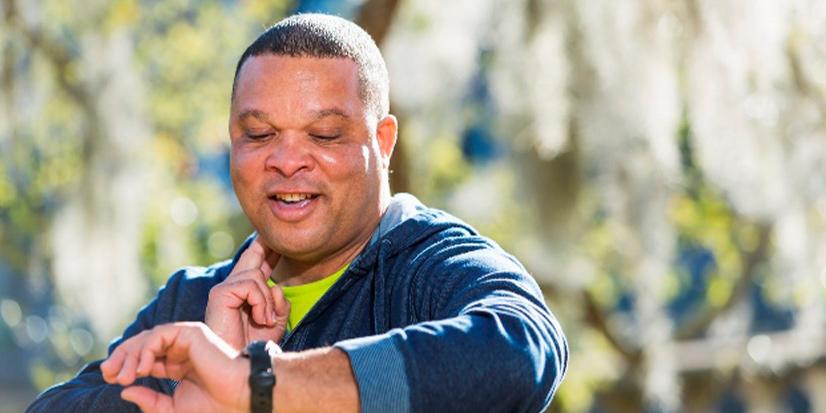Is your elevated heartbeat a product of vigorous physical activity or a warning sign of something more serious?
“An elevated heart rate is a physiologic response to increased activity, but alone it is not a specific warning sign. For patients with cardiovascular risk factors, the most important thing to know about exercising is when to stop,” says Jason S. Go, MD, cardiovascular disease and interventional cardiologist with Altru Health System. “If you’re at risk for heart disease, pay particular attention to symptoms of chest pain, shortness of breath, lightheadedness, dizziness, unusual heart palpitations, jaw pain, back pain, or clammy sweating.”
Move Safely
Always visit your primary care physician for an assessment before beginning a new exercise routine. Not having risk factors doesn’t mean you don’t have cardiovascular disease, and the only way to know for sure is to see your healthcare provider. Your physician can help you determine appropriate activity levels for your health.
“I always take the individual into consideration when designing an exercise program,” says Rachel Aure, health and wellness specialist at the Sanny & Jerry Ryan Center for Prevention & Genetics. “Some people may need to exercise in a medical setting to have their blood pressure and oxygen, among other things, monitored to track how their bodies react to the exercise.”
National recommendations for adult activity include 150 minutes of moderate-intensity activity per week and at least two days of strength training.

“Being sedentary is a major risk factor for heart disease and Type 2 diabetes, so exercise can improve and even reverse those risk factors,” Rachel says. “Find an activity you enjoy and stick to the level of intensity your body can handle.”
Prime Your Engine with High-Quality Fuel
Proper nutrition also plays a role in heart health. Choosing the right combinations of foods before and after a workout can help your heart and other muscles perform smoothly.
Altru’s registered dietitian nutritionists recommend consuming heart-healthy foods that provide nutrients and energy to support performance during exercise and help speed recovery.
Choose easy-to-digest foods that contain mostly carbohydrates for meals and snacks less than one hour prior to exercise. You’ll want to limit the fiber to prevent stomach discomfort. A banana is a good example of a pre-exercise, heart-healthy food.
Recovery food and meals are eaten three to four hours prior to exercise should include a blend of whole grains, healthy fats, and lean protein sources. Suggested combinations include:
- Oatmeal with milk, blueberries, and walnuts
- Sliced turkey and avocado wrap with red grapes
- Whole-grain toast and natural peanut or almond butter with sliced banana
Eating right and designing a proper exercise routine can help your ticker stay strong and healthy. If you aren’t sure where to start, discuss your concerns with your primary care provider. Understanding your risks and personal health picture can help you to make an informed decision about your health and fitness needs.
Altru’s Heart & Vascular Services takes a team approach to your care. Learn more at altru.org/heart.







